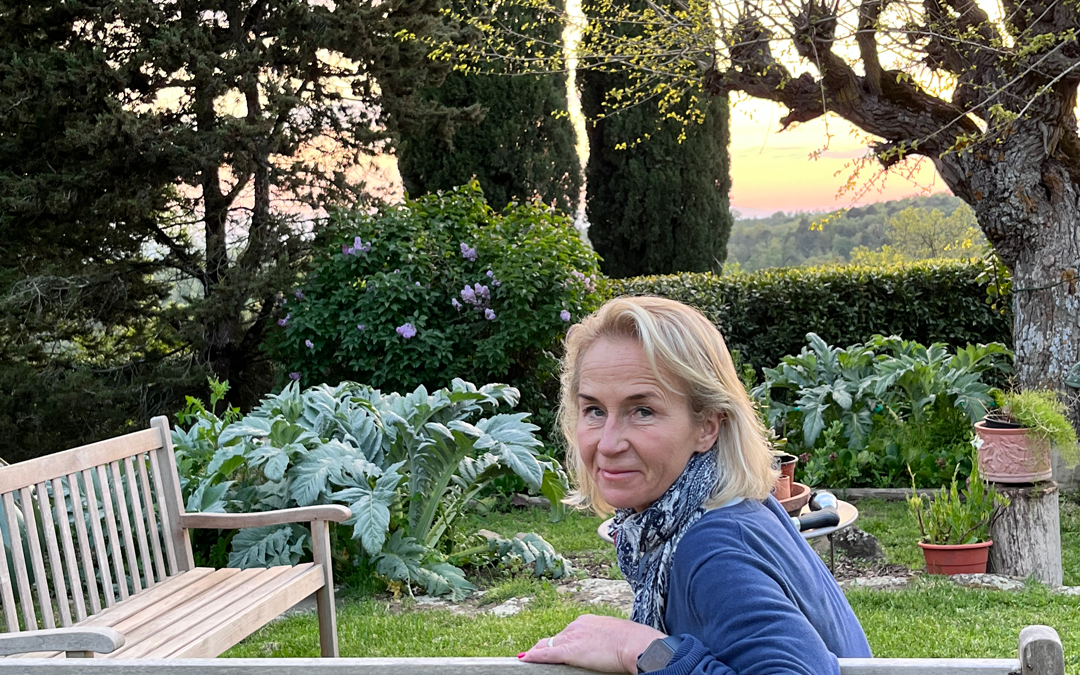 I believe most women can relate to a time when they lost the essence of who they are or what they stand for due to their external situation. We begin to struggle and doubt ourselves and allow for the separation to continue; the division within ourselves. We move away...
I believe most women can relate to a time when they lost the essence of who they are or what they stand for due to their external situation. We begin to struggle and doubt ourselves and allow for the separation to continue; the division within ourselves. We move away...
 Many of us would love to call ourselves trustworthy, but are we? And do we trust our partners? Do we even trust ourselves? What if we find ourselves one day discovering that we have stepped into the chasm of betrayal by our partner. Now what? Would it be a deal...
Many of us would love to call ourselves trustworthy, but are we? And do we trust our partners? Do we even trust ourselves? What if we find ourselves one day discovering that we have stepped into the chasm of betrayal by our partner. Now what? Would it be a deal...
 I hear the following often: ‘ and then I start to spiral’. In summary, women are telling me that they find themselves in a helpless and uncontrollable position. They tell me their mind takes over and thus so do their behaviours. The behaviours that follow...
I hear the following often: ‘ and then I start to spiral’. In summary, women are telling me that they find themselves in a helpless and uncontrollable position. They tell me their mind takes over and thus so do their behaviours. The behaviours that follow...
 I recently travelled to Europe, and if hearing about that sounds like something you’d be interested in, read on. I’ll tell you about the many highs and a handful of lows. If you don’t have time to read but are still interested, check out episode 25 of my podcast, I...
I recently travelled to Europe, and if hearing about that sounds like something you’d be interested in, read on. I’ll tell you about the many highs and a handful of lows. If you don’t have time to read but are still interested, check out episode 25 of my podcast, I...
 I have had this energy about me for the last several days surrounding who women are meant to represent, what they thrive off of and what they need, want, and desire. Ironically, as I typed out the title of this random blog post I also google-searched ‘International...
I have had this energy about me for the last several days surrounding who women are meant to represent, what they thrive off of and what they need, want, and desire. Ironically, as I typed out the title of this random blog post I also google-searched ‘International...






